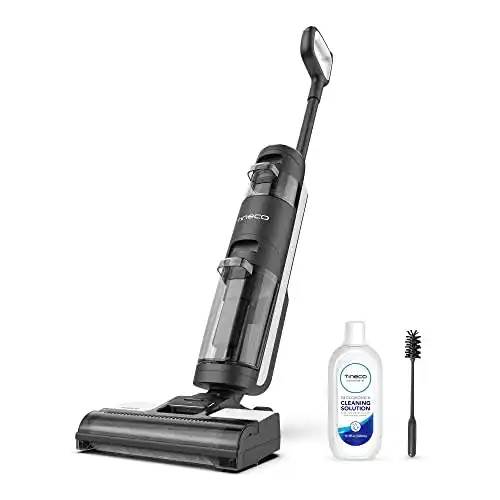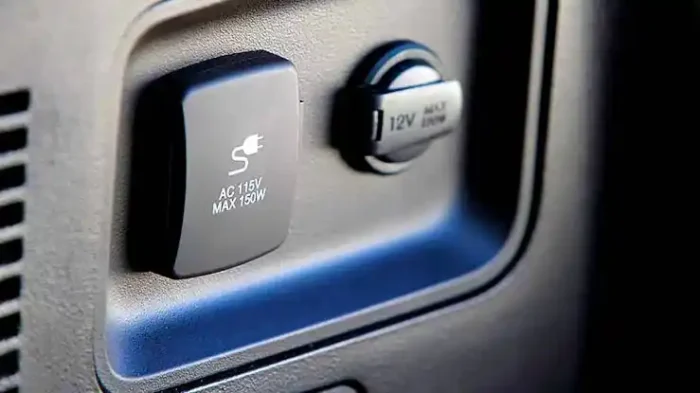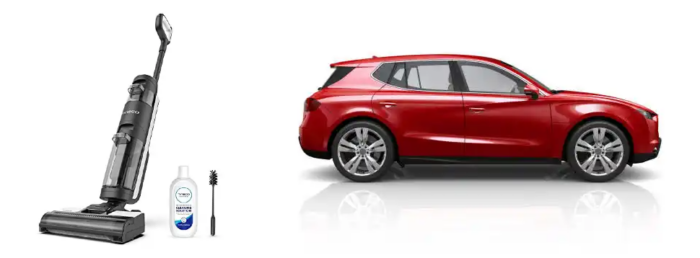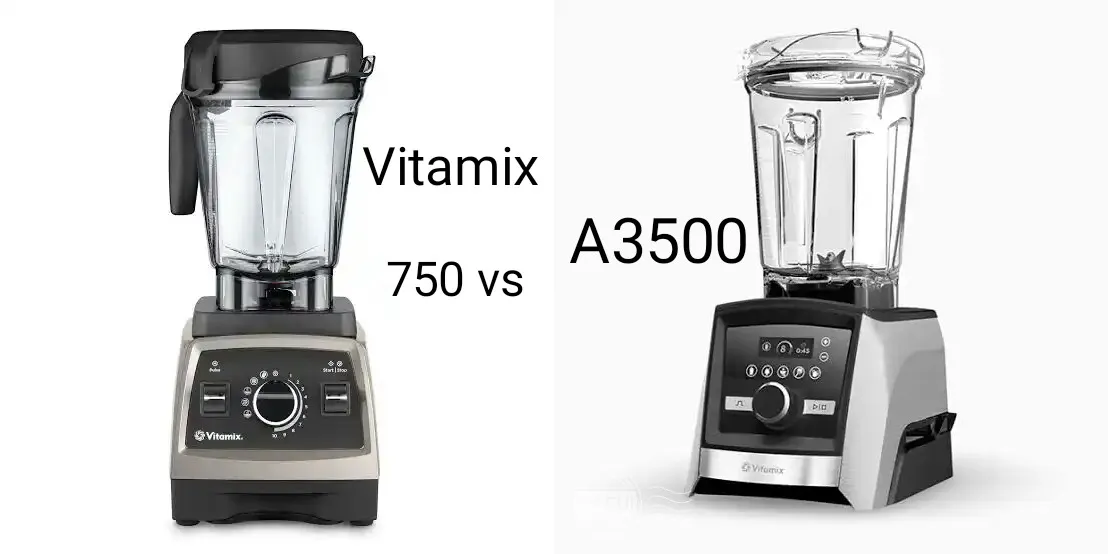As a car owner, keeping your vehicle clean is essential for both aesthetics and maintenance. However, finding the most convenient and effective way to clean your car can be a challenge.
One common question that arises is whether it is safe to plug a vacuum into your car’s power outlet. In this article, we will delve into this topic and explore the potential risks and hazards, as well as alternative options for vacuuming your car.
Understanding your car’s power outlet

Before we discuss the safety aspects of plugging a vacuum into your car’s power outlet, let’s understand how this outlet functions. Most modern cars are equipped with a power outlet, often referred to as a cigarette lighter socket. Originally designed for lighting cigarettes, these outlets have evolved into multipurpose sockets that can power various electronic devices.
The car’s power outlet typically provides a 12-volt direct current (DC) power supply. It is important to note that this voltage is significantly lower compared to the standard household power outlets, which provide 120 volts alternating current (AC).
The lower voltage of the car’s power outlet plays a crucial role in determining the limitations and potential risks associated with using it to power a vacuum cleaner.
Voltage and power requirements for vacuum cleaners

Vacuum cleaners designed for household use usually operate on 120-volt AC power, which is not compatible with the 12-volt DC power supply of a car’s power outlet.
Plugging a standard household vacuum cleaner directly into your car’s power outlet can lead to a variety of issues, including damage to the vacuum cleaner, the car’s electrical system, or even electrical fires.
Additionally, car power outlets are not designed to provide the same power output as household outlets. Most car power outlets have a maximum power output of around 150 watts, whereas vacuum cleaners typically require much higher power, ranging from 500 to 1500 watts.
Attempting to power a vacuum cleaner that exceeds the power output of the car’s power outlet can result in overheating, electrical failure, and potentially damage the car’s electrical system.
The limitations of a car’s power outlet

Due to the lower voltage and limited power output of a car’s power outlet, it is not suitable for powering standard household vacuum cleaners.
While some car vacuum cleaners are available that are specifically designed for use with a car’s power outlet, it is important to ensure that you are using a vacuum cleaner that is compatible with this type of power supply.
It is also crucial to consider the duration of vacuuming. Car power outlets are not intended for extended use, and prolonged operation of a vacuum cleaner can overload the electrical system, leading to potential damage or even draining the car’s battery.
Therefore, it is advisable to limit the usage of a vacuum cleaner plugged into your car’s power outlet to shorter cleaning sessions.
Potential risks and hazards of plugging a vacuum into your car

Plugging a vacuum cleaner into your car’s power outlet without proper consideration can pose several risks and hazards.
Firstly, using a vacuum cleaner that exceeds the power output of the car’s power outlet can cause an overload, leading to overheating and potential electrical fires.
Additionally, using incompatible vacuum cleaners can result in damage to both the vacuum cleaner and the car’s electrical system.
Another risk is the potential damage to the car’s battery. If the car’s engine is not running while using the vacuum cleaner, it draws power directly from the battery. Prolonged use of a high-power vacuum cleaner can drain the battery, leaving you stranded with a vehicle that won’t start.
Furthermore, using a vacuum cleaner that is not specifically designed for automotive use may not effectively clean the interior of your car. These vacuum cleaners may lack the necessary attachments and features needed to reach tight spaces and efficiently remove dirt and debris from your vehicle.
Alternatives to using a car’s power outlet for vacuuming
While plugging a vacuum cleaner directly into your car’s power outlet may not be the safest option, there are alternatives available for effectively vacuuming your car.
One option is to use a portable car vacuum cleaner that operates on its power source, such as a rechargeable battery or a separate power cord that connects directly to a household power outlet.
These portable car vacuum cleaners are designed specifically for automotive use and offer the convenience of reaching tight spaces within your car.
Another alternative is to utilize a car wash or cleaning service that provides vacuuming services.
Many car wash facilities have powerful vacuum cleaners specifically designed for automotive interiors. These vacuum cleaners are equipped with the necessary attachments and features to effectively clean your car without the need for plugging into your car’s power outlet.
Portable car vacuum cleaners – a safer option
If you prefer the convenience and flexibility of cleaning your car yourself, a portable car vacuum cleaner is a safer option compared to plugging a vacuum into your car’s power outlet.
These compact and lightweight vacuum cleaners are specifically designed for automotive use, ensuring compatibility with the car’s power supply. They often come with attachments and features tailored for cleaning car interiors, allowing you to effectively remove dirt, dust, and debris from every nook and cranny of your vehicle.
Portable car vacuum cleaners usually operate on rechargeable batteries or have a separate power cord that can be plugged into a household power outlet. This eliminates the risk of overloading your car’s electrical system and draining the battery.
Additionally, these vacuum cleaners offer the advantage of being portable, enabling you to clean your car anywhere, whether you are at home or on the go.
Tips for cleaning your car effectively
Regardless of the method you choose to vacuum your car, here are some tips to ensure efficient and effective cleaning:
- Remove larger debris: Before vacuuming, remove any larger debris such as wrappers, papers, or food items manually. This will prevent clogging the vacuum cleaner and allow it to work more efficiently.
- Use attachments: Utilize the various attachments provided with your vacuum cleaner to access hard-to-reach areas such as between seats, under pedals, and in crevices.
- Vacuum upholstery and carpets: Pay special attention to upholstery and carpets, as they tend to accumulate more dirt and dust. Use the appropriate attachment to thoroughly clean these surfaces.
- Empty the vacuum cleaner regularly: Regularly empty the dust container or replace the vacuum bag to maintain optimal suction power and prevent the spread of allergens.
- Clean the vacuum cleaner: After each use, clean the vacuum cleaner itself, removing any debris or dust that may have accumulated inside. This will prolong the lifespan of the vacuum cleaner and ensure its effectiveness.
Conclusion: The verdict on plugging a vacuum into your car’s power outlet
In conclusion, plugging a standard household vacuum cleaner directly into your car’s power outlet is not recommended due to the mismatch in voltage and power requirements. It can lead to potential risks, hazards, and damage to both the vacuum cleaner and your car’s electrical system.
However, using a portable car vacuum cleaner specifically designed for automotive use is a safer option. These vacuum cleaners offer compatibility with the car’s power outlet and provide the necessary attachments and features to effectively clean your car’s interior.
Remember to always prioritize safety when it comes to cleaning your car. Consider the limitations of your car’s power outlet, opt for suitable alternatives if needed, and follow the tips provided for efficient and effective cleaning.
By doing so, you can maintain a clean and pristine car without compromising your safety or the integrity of your vehicle’s electrical system.
Please note that before using any vacuum cleaner or electrical device with your car, it is always advisable to consult your car’s manual and seek professional advice if necessary.



